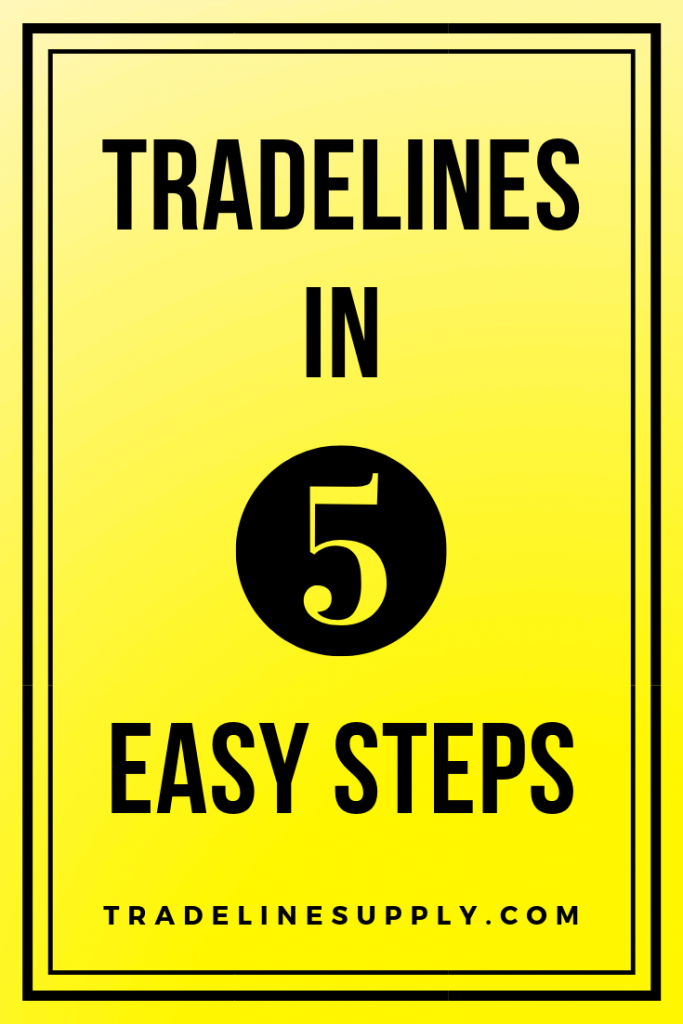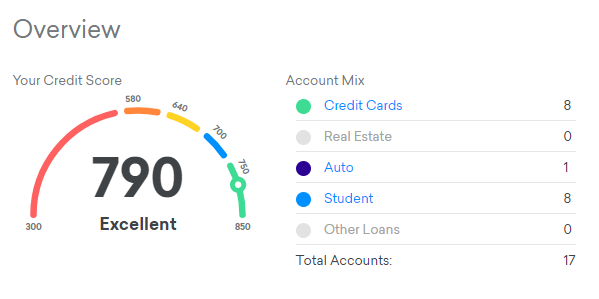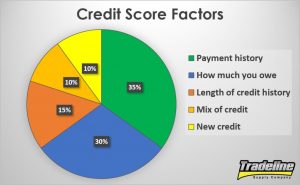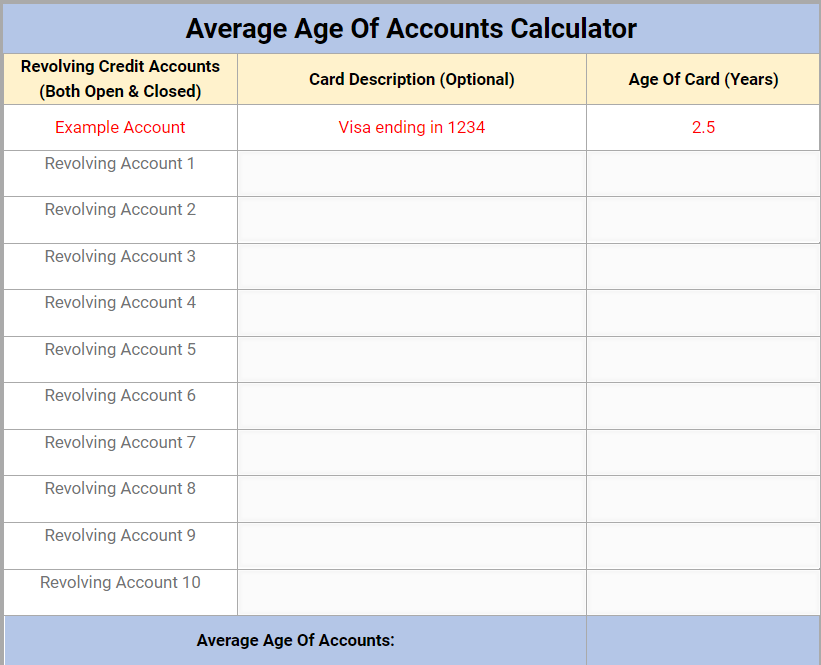Do you need good credit to start a business?
A lot of time, effort, and energy go into starting a business. Typically, you have to map out a business plan, prepare a variety of business and legal documents, and maybe even hire other people. This can take a lot of planning and careful consideration. In addition to these steps, you also want to set up your business for financial success. An important question you may be asking yourself at the outset of this new venture is “Do I need good credit to start a business?” The technical answer is “no.” You can start a business without good credit. The long answer is that good credit will enable you to do more with your business, potentially allowing you to scale and grow your business more quickly and with less risk.
No Credit Requirement at the Outset
The act of starting your business may not involve credit at all. This will depend upon your business plan and the type of service or goods you will be provided, along with the expenses you will encounter and the capital you have available when you start. But just as an example, a simple service-based business (like, say, a solo web designer) could be formed and function without credit.
Truly “starting” a business boils down to choosing your name, selecting your entity type, filling out the basic forms, and applying for any licenses required by your selections. The Small Business Administration has tips for each of these tasks. If you create a business that is a new separate entity (like an LLC, for example) you will definitely want to open a business bank account so that you can keep the business’ funds separate from your personal funds. Sole proprietors and partnerships can do this too, but it may not be as legally urgent as for other business types. The bank account can be a simple business checking account without any accompanying credit lines. If so, approval should be fairly easy and not require a strong credit history.
These steps alone may be sufficient for small, simple businesses to get up and running. If your business is more complex and needs more capital than currently available at the time you start the business, then credit may be necessary from the start.
Business Credit Can Help You Grow or It Can Hold You Back
Launch and scale: Credit can be essential for some businesses, and the core business idea may never come to fruition without credit. Even if a business does get off the ground without credit, it may not be able to adapt and take advantage of critical opportunities. Say a rare business opportunity becomes available—a new partnership, or the chance to get into a new market, for example. These moves often require more capital. Being able to quickly access more funding through a credit line could be a game-changer. Unfortunately, the SBA reports that in one survey, 27 percent of respondents said that they did have the funding to adequately support and grow their business. You do not want to be in that position when a rare opportunity presents itself.
Extra benefits: We have been talking about business credit in a general sense but one unique benefit of credit cards is the fact that many offer rewards. If your business has significant expenses, and you can put most of them on credit cards, you have the potential to rack up a lot of credit card rewards. Of course, you will want to pay the balances in full and avoid interest costs. But if you can do that, then the rewards can effectively become increased profits for your business. The rewards might even provide new equipment for your business to help it grow while not costing you anything out-of-pocket.
Increased separation from personal credit: We touched on this before when discussing bank accounts, but you will want to build a separation between your personal financial identity and your business financial identity. In some cases, this is legally essential for bank accounts to ensure that you do not “commingle” funds. But a similar principle applies to credit. Early on in the life of a business, creditors may use your personal credit history in determining whether to give credit to your business, and they may require a personal guarantee on financial commitments. This means that you and the business will be liable for the debt. In fact, on most “small business credit cards,” this is always a requirement.
However, other credit products may not require a personal guarantee, therefore giving you access to pure business credit. One factor in getting approved for such products will be the credit history of the business (including the business’own credit score), so it is important to build a good financial and credit history in the business from day one. Note: building a business credit score typically requires an Employer Identification Number (EIN). Having an EIN is not required for all business types, but can be applied for. Therefore, if you have a type of business not required to have an EIN but want to build your business credit, it may make sense to apply for an EIN.
The dangers: The dangers of business credit are not much different than the dangers of personal credit, but the stakes may be higher. If you have access to credit personally and access to credit through your business, that could lead to a substantial total credit limit. If you were to take a significant business risk or manage your credit improperly, there is the potential to face an astronomical level of debt without the income necessary to pay it off. And depending on your business, your credit decisions may not just impact you but could affect your employees too.
Recap
You do not need good credit to start a business. In fact, there is no requirement that a business use credit at all. However, for some business models, credit will be essential. Early on, creditors will use your personal credit history in determining the terms of any credit they offer the business. But over time, you can put separation between your personal credit and your business credit, which has several advantages. At the end of the day, the same general principles of smart credit management in personal finance apply to business finance. Should you need any assistance with your business or personal credit, the NFCC is here to help.
The post Do you need good credit to start a business? appeared first on NFCC.
Read more: nfcc.org






